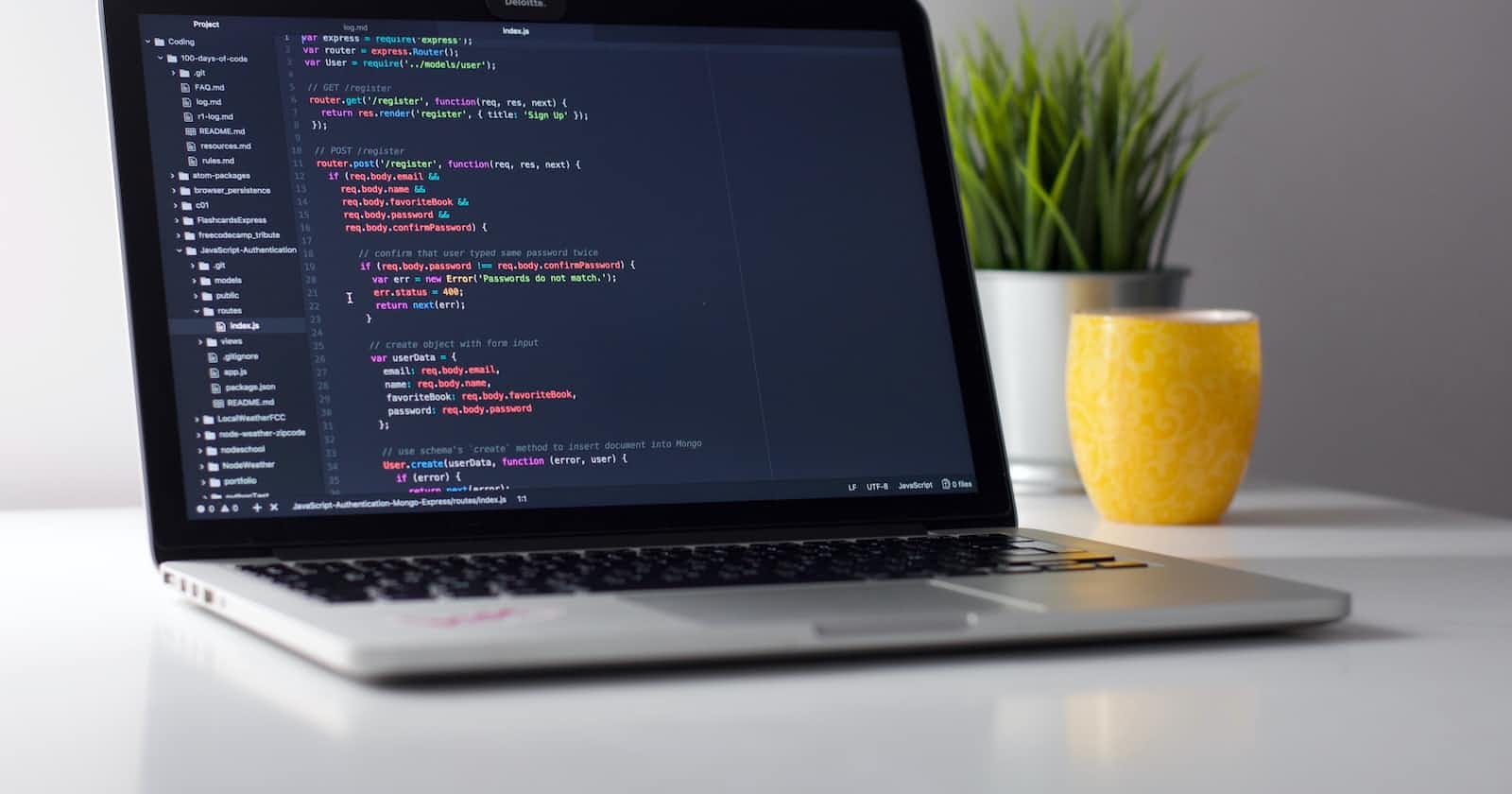Python is a widely used programming language that is known for its versatility, simplicity, and flexibility. As a Python developer, you would work on creating web applications and integrating systems more effectively. To become a Python developer, you must have expertise in Core Python, debugging skills, knowledge of frameworks and libraries and depending on your area of expertise - machine learning and artificial intelligence, deep learning, and ORMs.
This article will provide experience-based tips and advice on the knowledge and skillset you need to become a successful Python developer.
What is Python?
Python is a high-level and general-purpose programming language. It's a great first language because it's easy to learn, read and concise. Whatever you want to do, Python can do it, from web development to data science to machine learning, Python is the language for you.
Who is a Python Developer?
A Python developer is a software engineer specializing in developing software with the Python programming language. They work on projects ranging from large-scale enterprise applications to small-scale personal projects. The main job of a Python developer is to write code that helps automate tasks, improve efficiency, and make the user experience more enjoyable. If you feel like this is you, then Python is the language for you.
Python developer skills:
Expertise in Core Python Debugging Skills Frameworks (Django, Flask, React, and Libraries)
Machine Learning and Artificial Intelligence
Deep Learning
Frameworks(Django, Flask, FastAPI, CherryPi etc)
Debugging skills
Object Relational Mapping(ORM)
To start off you don't need to know all the skills and you only need some of the skills for particular career paths.
Determining the types of Python developer you want to be.
Python is an extensive language that has no limits from the perspective of either building an application or analyzing data to performing ethical hacking.
so you have to decide early on what area to specialize in. Here are a few career options you can pursue as a Python developer:
Web Development – Building an application takes front-end and back-end development, and APIs. A web developer works on designing, building, and testing web applications. Python is used with back-end frameworks to build the back-end of web applications, this is known as server-side programming. Though less popular it can also be used on the front-end with other languages like HTML, CSS and JavaScript.
Data Science – The primary duties of data scientists involve the creation and execution of machine learning models and conducting data analysis using the Python programming language. This includes tasks such as sorting, refining, and preparing data for analysis, as well as designing and fine-tuning predictive models. Additionally, data scientists are responsible for effectively communicating insights obtained from data in a clear and meaningful manner.
Data Analysis – Data analysts use Python for gathering, sorting, scrutinizing, and comprehending voluminous sets of data. As they advance in their careers, they undertake more intricate responsibilities, such as formulating deep learning algorithms. Furthermore, they might ascend to the role of software team lead or manager, wherein they supervise other data analysts' activities and offer counsel on how to leverage data to resolve problems.
Machine Learning – Machine Learning Engineers specialize in machine learning(ML) and Artificial Intelligence(AI) and are responsible for creating and constructing systems that utilize ML algorithms and AI methods. These professionals use the programming languages like Python to examine data and design models, subsequently verifying and troubleshooting their effectiveness.
DevOps Engineering – A DevOps engineer who possesses proficiency in Python is accountable for the automation and optimization of the software development lifecycle. Their responsibilities include constructing automation scripts, managing cloud infrastructure, and creating and maintaining scripts for a diverse range of tools.
Conclusion
Python is challenging the dominance of other programming languages and is already widely used. Moreover, the learning curve for Python is not as steep as some other languages, making it a flexible and dynamic language that offers new learning and business opportunities. Therefore, if you feel the urge to become a Python developer, don't overthink it and just go for it.
as an extra, here are the definite steps you can take to become a Python developer:
Learn the Basics of Python
Determine the Type of Python Developer You Want To Be
Choose a Learning Path That Suits You
Explore different Python Frameworks
Build intermediate/Necessary skills
Build a Portfolio
Create a GitHub Profile
Join communities/ find a mentor
Pursue an Internship
Tailor Your Resume and Start Applying
Hope you enjoyed the article and are now ready to become a Python developer like myself.
Connect with me on twitter @johnofpaul

